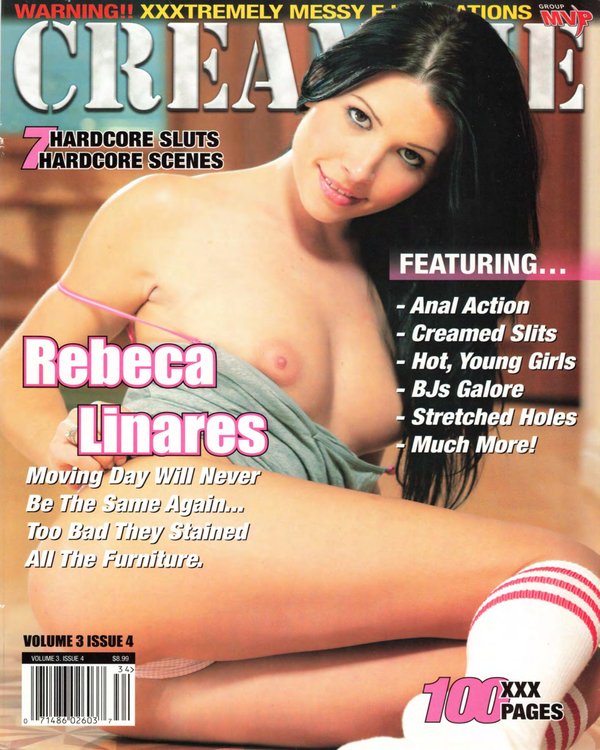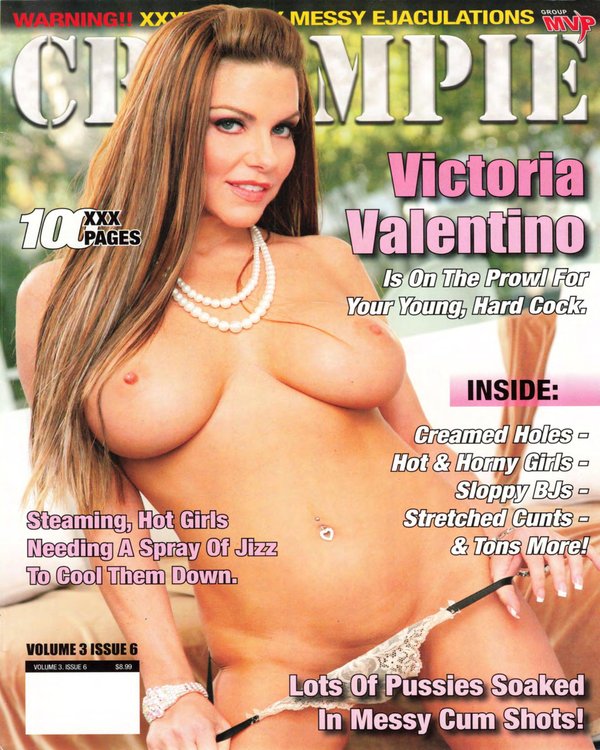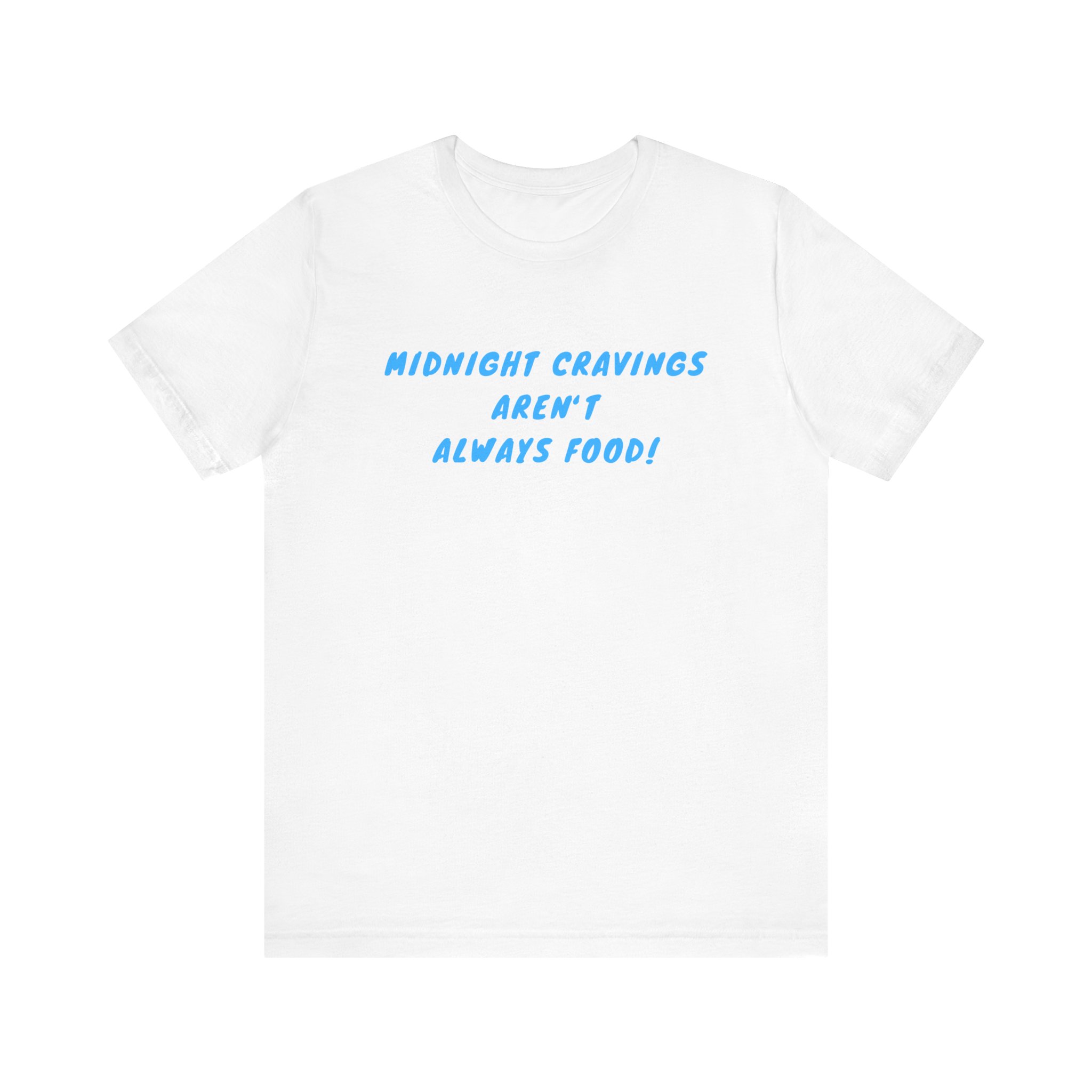In the 1960s and -70s a lot of perfectly good small English towns around the perimeter of London decided they needed to modernise, partly to develop themselves as desirable homes for an increasing number of people moving out of city slums, and partly because destroying the architectural past and replacing it with the modern concrete Brutalist style was the high fashion of the era. The process was stimulated by the fact that the conservation of historic buildings, streets, and urban layouts was at the time entirely up to municipal councils rather than the national cultural organisations subsequently created to try and make sure no further damage was done to our country's architectural heritage. As will become apparent, these facts form the physical background to this story, which takes place at an advanced stage of the physical destruction of my home town's ancient centre, where a market square and shopping streets that dated back to the 14th century had, at the time it takes place, been largely but not totally wiped out.
At the same time as it was pursuing a negative campaign of modernisation by destruction, my town's council was attempting to prove its contemporary relevance by introducing new institutions to our cultural life. One of these was the Summer Carnival.
Carnival. It usually has one of two meanings. Either it's the conventional carne vale -- 'farewell, meat!' -- of the European Catholic world, immediately preceding the fast of Lent. Or it's the Caribbean version of the celebration, in England traditionally centred around the London Notting Hill Carnival established and run by the city's West Indian community at the end of August each year. Ours was neither. The town wasn't conspicuously Catholic, and its Caribbean inhabitants -- although they always won the annual prize for best float and costumes in the Saturday afternoon parade -- participated more out of an amused cultural obligation than because they'd played any part in creating this newly-devised "tradition."
Still, it was a good excuse to hang out on the streets on what was usually a reasonably sunny day in June and, for those of us who'd just turned 18 and had little money to lurk anonymously in shop doorways or alleys getting lightly wasted on cheap cider or beer we'd clubbed together to buy.
This particular year I'd spent the afternoon watching the parade from the window of my grandfather's pool hall above a men's tailoring business in the old market square. Grandad was a retired military officer with a lifelong affection for alcohol that had led to this ideal retirement job. He could spend all day nipping at a hip flask of whisky between beers bought for him by friendly regulars. He'd already slipped me a couple of bottles of lager, so I was feeling quite mellow by the time I left, having seen that the stage at the top of the square was being set up for the evening's bands and sound system. I stepped from the dark narrow staircase at the side of the tailoring shop into a warm, slightly humid early evening laden with the smells of diesel and hot fat from the burger vans and that faint tang of warm tarmac which hovers around town centres after the weather has stayed hot and rain-free for three or more days. People were hanging out of the doors and windows of the pubs that surrounded the square, and clusters of kids were beginning to drift into the space, some of whom I recognised.
At the other side of the road I spotted Tom Harrison with a carrier bag that I guessed contained booze of some description. Even more interesting, he was accompanied by two girls.
Tom wasn't a special friend of mine, but we got on reasonably well. Tonight, though, as soon as he spotted me he called out and waved frantically to attract me over. One of the girls, tall with long blonde hair, wearing a floaty Indian print dress, I recognised as Claire Jones, someone a lot of my male contemporaries had aspired to date over the years. I'd even snogged her myself at a Christmas party the previous year, though she wasn't really my type, if it's possible to know what that is at such an early stage of one's sexual and romantic explorations. She looked slightly less enthusiastic than Tom, but waved too.
The other girl, a head shorter than Claire, with shoulder-length mousey brown hair and wearing a tight scoop-necked black T-shirt over denim shorts, I didn't know.
"This is Emma" Tom said as I joined them. "Emma Bright."
Emma said 'Hi' and smiled in a noncommittal way. She had a Roman nose and dark eyes, which contrasted with Claire's more delicate, pale features. She looked like someone who knew herself, rather than inhabiting the fashionably ethereal image her friend did so well. She had small, well-proportioned round breasts held, braless, by the stretchy fabric of her top, square shoulders, and strong brown legs. I didn't know if she was My Type either, but hell, she was a girl.
"What's in the bag?" I said.
"Cider." Tom nodded across the square to where a police car was parked. "If we're going to drink it, though, best not do it in the open. What say we go to the bus station?"
"OK." I'd only been out for five minutes and already had an offer of girls and booze. The evening was already shaping up.
Tom walked ahead with Claire, contriving first to brush against, then hold her hand. I could see which way this was going and why he was so pleased to see me. He needed someone to take Emma off his hands while he went to work on Claire. Emma knew it too. As we trudged behind them I glanced round at her and shrugged. She rolled her eyes in pantomime exasperation, then grinned, winked at me, and grabbed my hand. She had a firm grip.
Any kind of contact with any vaguely presentable girl was usually enough to give me an instant erection, and my much-teased, sadly underused appendage duly complied.
"Might as well" she said.
"Yeah." If there was a catch in this, I had yet to notice it.
Our town bus station was an object lesson in concrete Brutalism, both in the literal sense of using only the raw, prefabricated material -- 'beton brut' in French -- and as a description of the way it had kicked any character or soul out of the old town centre. It was a vast, square, subterranean, grey-sided, dimly-lit cave whose floor was covered in spilt fuel and oil and stank permanently of exhaust fumes. It sat beneath what had been proudly publicised, when it opened a few years before, as the largest branch of a renowned multinational cut-price department store chain in Europe, and above it reared a faceless Soviet-style skyscraper housing the municipal council's offices. Later, after I'd been to university and studied art and architecture, I rather pretentiously described it as looking like Le Corbusier's take on the circles of Dante's Inferno.
It held, however, distinct advantages for certain disenfranchised sectors of our town's society. Vagrants with no roof over their heads could always find one there, since whatever other indignities it inflicted it never rained, and the constant tickover of diesel bus engines meant it was always warm, if almost certainly carcinogenic. And for young people still constrained to living under their parents' roofs it was also a fairly safe place to engage in activities which might have got us arrested anywhere outside, including drinking and mutual groping, since everyone else using the place just wanted to get out of it as quickly as possible and nobody gave a damn what anyone else was up to.
We found two adjacent benches in a dark corner of this cavern. From a distance we could just hear the tuneless efforts of a local amateur covers band murdering The Beatles' "Please Please Me." Tom handed the two bottles of Strongbow round.
"If we run out, you'd better try the off-licence, Joe. You're the tallest of all of us."
Given the way he and Claire were wrapped round each other after we'd got through only half of the first bottle, I didn't think that was likely.










